Writing about human rights.
75 Years On: A time to reaffirm the fundamentals of international human rights
Human rights are foundational to all else. They are universal in all respects. Human rights violations can and must be prevented. Effective human rights protection depends on meaningful international cooperation. And there must be justice and accountability to back up and enforce human rights promises.
Easy as that. It lies in our hands friends. Let that be your semisesquicentennial pledge.
Remarks delivered at Northern Justice Watch’s International Conference on Genocide and Crimes against Humanity, University of Toronto Scarborough, December 3, 2023
Five wishes for a world of human rights
It all begins with human rights. No matter the challenge. That lies on all our shoulders and within all our hands.
Remarks delivered at the University of Toronto’s International Human Rights Program on November 21, 2023
On Israel-Gaza, Canada must rise to the humanity of the moment
While this is overwhelming, there is so much that can be done. Prime Minister Justin Trudeau must call for an immediate ceasefire in line with Canada’s legal obligations and the raison d’être of international humanitarian and human rights law. His government must also support legal proceedings and investigations underway at the International Court of Justice and International Criminal Court; impose a ban on arms transfers to the region; and scrupulously uphold freedom of expression and protections against hate in Canada.
The Canadian government’s actions will be judged by history and are under scrutiny today. Now is the moment to breathe life – Palestinian life – into Canada’s commitment to the international legal system.
Protecting civilians in both Israel and Gaza is critical for peace and justice
It all comes down to the simple truth that the way toward peace in Israel and Palestine lies in fully respecting international human rights and humanitarian law.
That means the rights of Israeli and Palestinians alike – an approach which must now define the way Canada deals with this crisis.
Israel/Palestine: human rights must prevail
For all who say this is not the time to discuss the wider human rights context to this conflict, we say there has never been a more necessary time.
There are many truths
There are many truths in Gaza, Israel & the West Bank. One truth does not deny another. They are truths that stand alongside each other. They are truths that must be heard & understood equally. These truths are not to be followed by ‘but’, yet they always are.
Canada is still ignoring the basic human rights of its citizens held in northeast Syria*
There is much to be done in northeast Syria to ensure human rights are respected and the region does not again become a nightmare of insecurity and terrorist violence.
It is time for Canada to show up.
Human rights meeting of ministers must deliver results*
Human rights are not just beacons of hope; they are binding obligations that provide a roadmap for a just and sustainable world. It’s time for governments across Canada to earnestly and collectively embark on this journey.
Historic meeting of ministers needs to look at human rights*
A groundbreaking meeting to be held on June 20 in Halifax is likely to proceed with little fanfare. However, given the subject matter, it should be front-page news across the country.
This is, after all, the inaugural meeting of the Forum of Ministers on Human Rights – the first time in Canadian history that the ministers responsible for human rights in the country’s 14 federal, provincial and territorial governments get together to discuss, oversee and make decisions about human-rights protection in the country.
Canada is rightly seeking accountability for Syrians at the International Court of Justice
On June 8, Canada and The Netherlands jointly filed an application against Syria before the International Court of Justice in The Hague, alleging systematic violations of the UN Convention Against Torture.
Closing the Implementation Gap: Federalism and Respect for International Human Rights in Canada
The author argues that a national framework for international human rights implementation is needed. The framework would be grounded in the principles of co-operative federalism and the national concern doctrine to strengthen intergovernmental mechanisms for consistent international human rights implementation. The proposed recommendations for the national framework range from advancing incremental changes to adopting new legislation.
Dr. Hassan Diab: When will 15 years of injustice end? | Alex Neve and Robert Currie*
When Dr. Diab was eventually released after three years of solitary confinement in France and returned to his family in Canada, Prime Minister Trudeau noted, in hindsight, that what had happened to him should never have happened and should never happen again.
Indeed it should never happen again, which will necessitate saying no to France. This time Canada can and must get it right.
Canada must put a stop to injustice in the Hassan Diab case, once and for all*
And now, Canada awaits an anticipated second extradition request from France. Minister Lametti could send that request to court and yet another protracted extradition process would unfold. The torment for Dr. Diab and his family would be unbearable.
In Canadian law that decision -- to proceed with the extradition or not -- is discretionary, entirely in the Minister’s hands. Discretion should, surely, always serve justice. Justice means Canada must say no to France.
In the Convoy’s Aftermath: Time to embrace human rights in the City of Ottawa*
The answer does not lie in choosing protesters’ rights over community members’ rights. Instead, the answer lies in upholding everyone’s rights. However, we only get there if we have laid the ground in advance.
Now is the time for Ottawa to get its house in order when it comes to human rights; before the next convoy rolls into town.
The Ottawa People’s Commission: After the convoy, transformative changes are needed*
The experience of the convoy occupation both highlighted and exacerbated deeper dysfunction in Ottawa, which we expect resonates in cities across Canada. The aftermath provides an unprecedented opportunity to advance foundational change, aimed at forging a city that is equitable, safe, vibrant, accountable and inclusive.
Hassan Diab: When will 15 years of injustice end?
The term Kafkaesque, connoting an unfathomable maze of surreal injustice, is often overused. But if there is a case in which it aptly applies, it is that of Hassan Diab.
Dr. Diab’s case has become emblematic of being trapped in a nightmarish labyrinth of injustice which seems to have no end. Two governments have the ability -- and responsibility -- to do something about that: France, most directly, but also Canada. It is unconscionable that they have yet to do so.
Why is Canada rejecting evidence of Israeli apartheid against Palestinians?
Over the past two years, several recognized international human rights organizations, including Amnesty International and Human Rights Watch, have released reports documenting massive and widespread Israeli violations of the human rights of Palestinians, both inside Israel and in the Occupied Palestinian Territories.
The response of the Canadian government has been to look away. It repeatedly rejects the accusation of apartheid without providing any reasons for that conclusion.
Reflections on two decades of doing and learning about human rights [1]
I was fortunate to be offered the opportunity write the following article, reflecting on 20+ years of human rights advocacy during my time as Secretary General of Amnesty International Canada between 2000-2020, for inclusion in the Third Edition of the Canadian Yearbook on Human Rights, published by the Human Rights Research and Education Centre at the University of Ottawa.
The article was written in June 2021 so is not current with recent developments such as the invasion of Ukraine. It is a retrospective look back.
Closing Roxham Road would be unrealistic, irresponsible and cruel
Roxham Road needs to stay open as one very minimal contribution Canada makes to addressing the pressing global challenge of forced displacement. We should also absolutely put in place a rights-based national strategy, led and supported by the federal government, to ensure that the needs of refugee claimants arriving at Roxham Road are met, and that the responsibility for protection is shared with other communities and provinces. Regardless of how the Supreme Court rules in the coming months, and certainly not waiting for that judgement, we should revoke the Safe Third Country Agreement (the agreement itself anticipates that possibility), and thus encourage refugee claimants to come forward at official land border posts rather than continue to make irregular and sometimes dangerous crossings.
Above all of this, we should up our game when it comes to advancing human rights protection around the world, doing so consistently and as a priority in all of our bilateral relationships and multilateral endeavours. Putting human rights first is always the answer, be it keeping people safe or managing borders effectively.

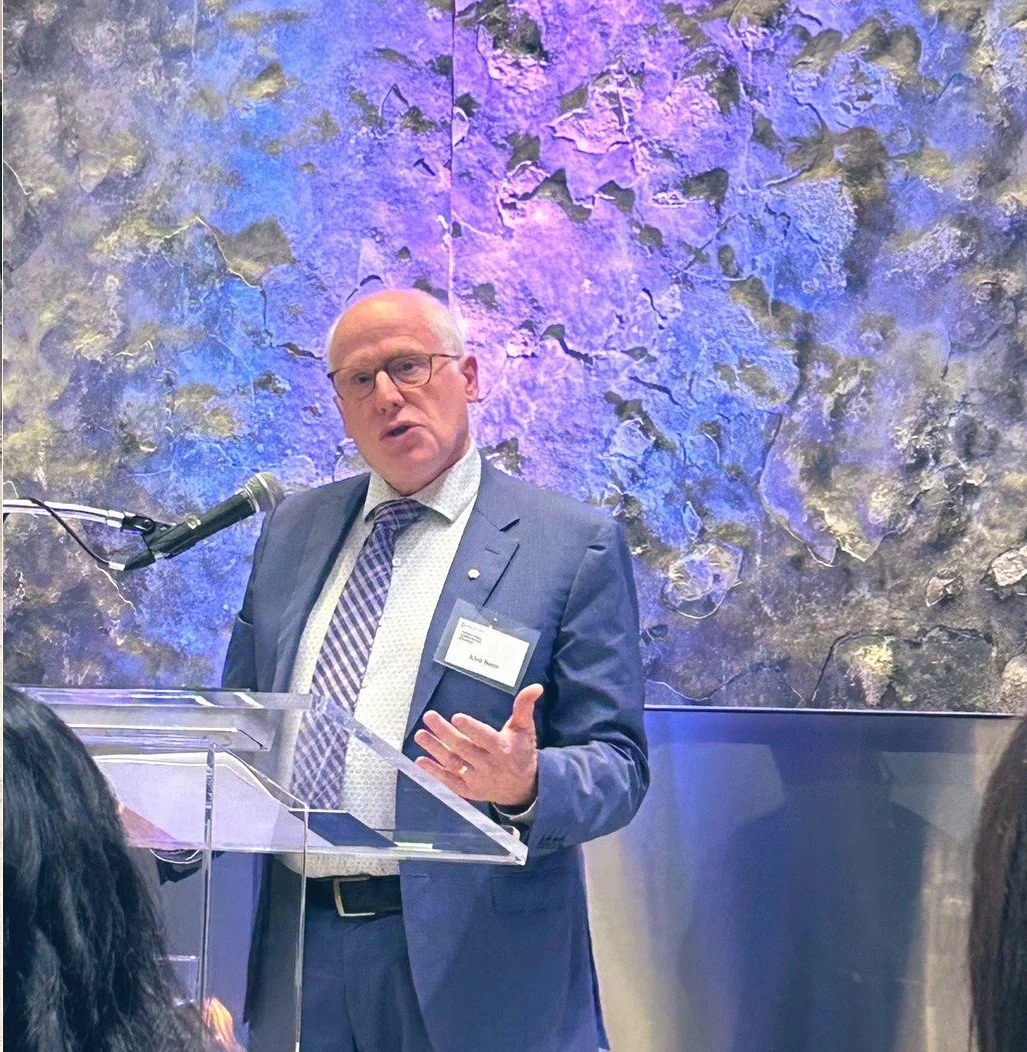




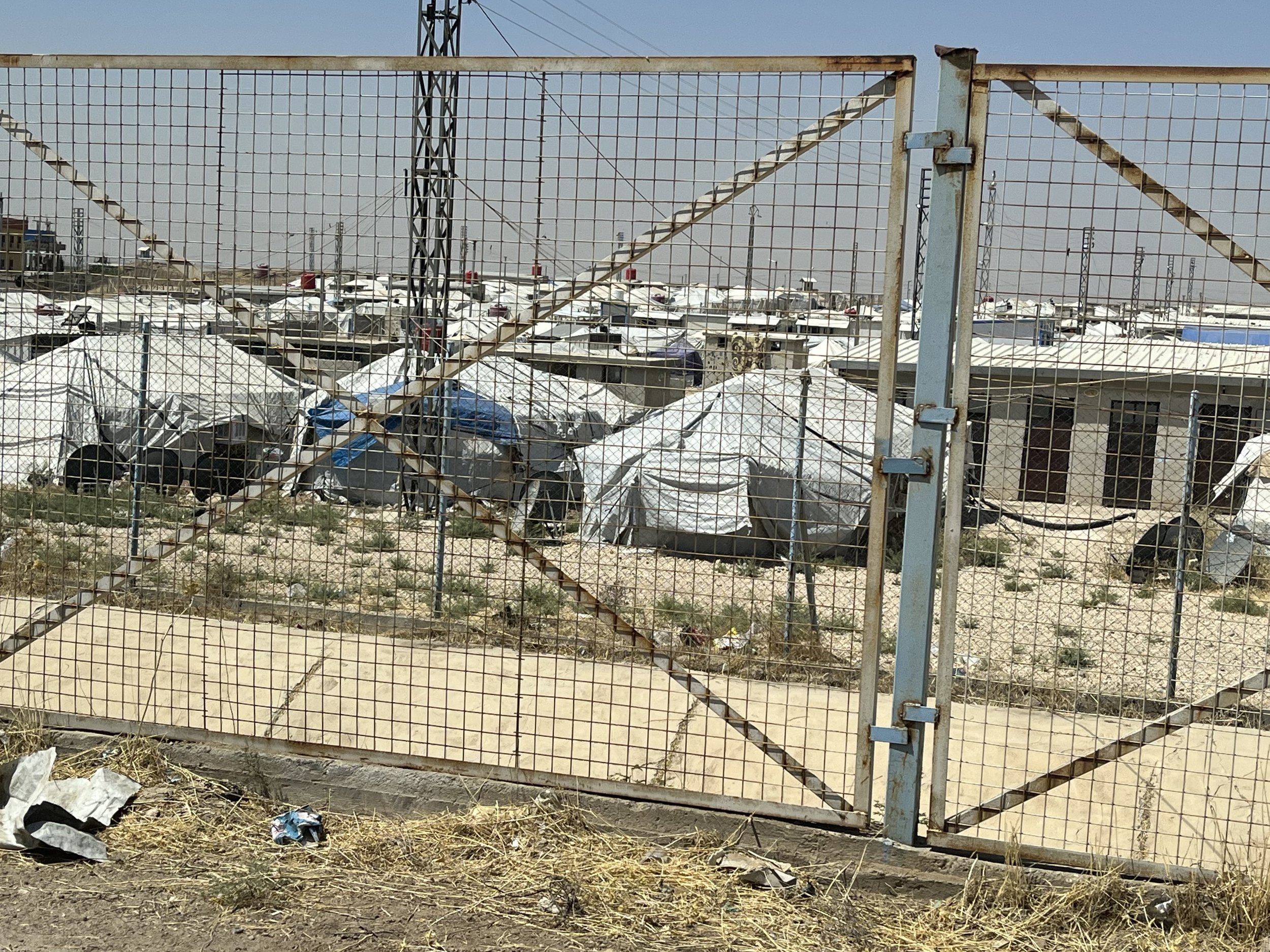


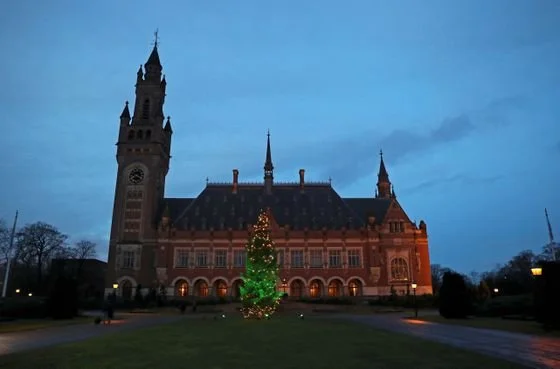
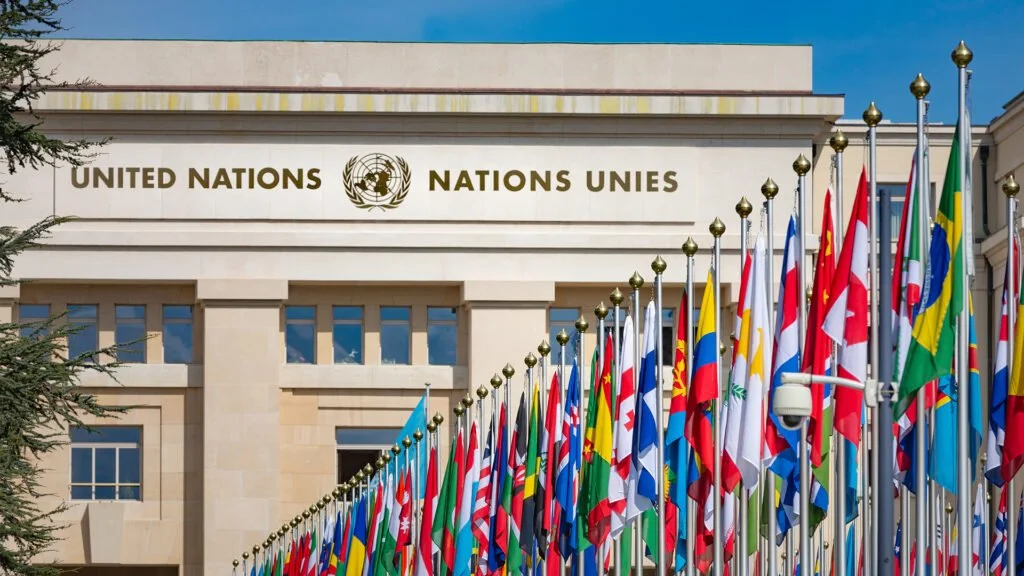


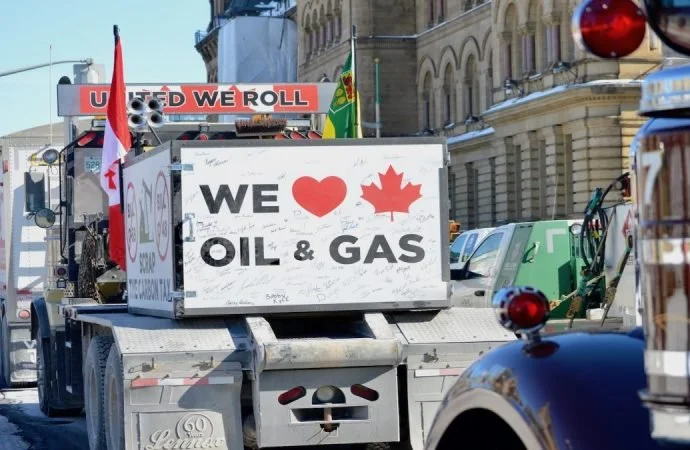



![Reflections on two decades of doing and learning about human rights [1]](https://images.squarespace-cdn.com/content/v1/5fc01c8f405d5340f3254abf/1677860335690-MRA7AGWH97NOQEV9CFF2/Screenshot_20230303_100724.png)
